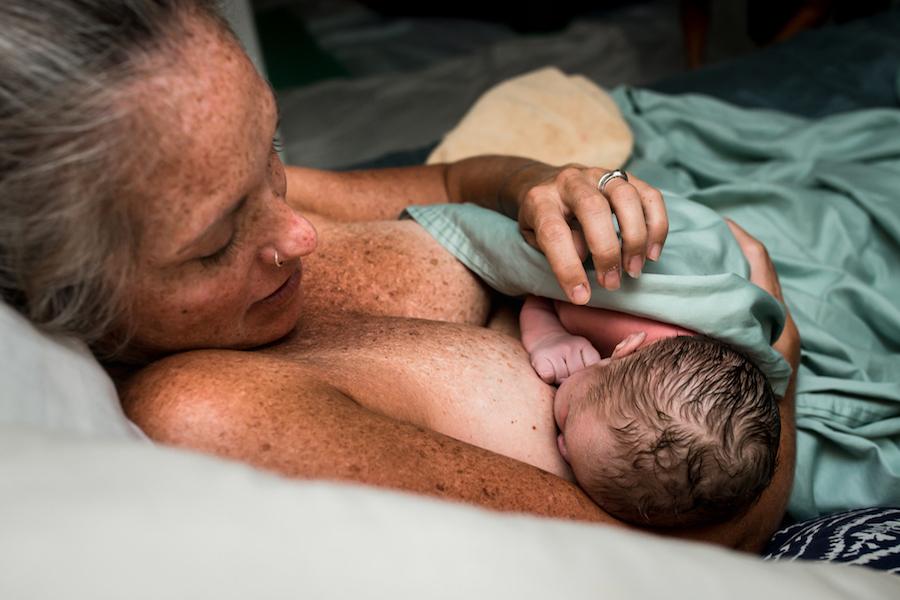Pregnancy is often described as a time filled with anticipation and joy – and of course, it can be. But for many, it’s also a period filled with comparison, worry, and self-doubt. In Preglife’s latest report, Gravidbarometern 2025, over 2,500 pregnant women have shared their experiences. The results offer a glimpse into what it’s really like to be pregnant in Sweden today – the joyful moments as well as the difficult ones.
What is Gravidbarometern?
Gravidbarometern is Preglife’s annual report offering insight into what it means to be pregnant in Sweden. It’s based on responses from over 2,500 pregnant app users, making it the largest survey of its kind. The report explores topics such as mental health, expectations, social media, finances, and support – as well as why some have hesitated to have children.
This year’s theme focuses on Sweden’s declining birth rate, and the factors influencing the decision to become a parent. The survey was developed in collaboration with the research firm Verian.
More than one in three experience worsened mental health
This year’s Gravidbarometen reveals that more than one in three pregnant women in Sweden feel their mental health has worsened during pregnancy compared to before. Among women who already have children, the number is even higher – 40 percent. At the same time, just over one in five say they feel better mentally than before. Despite the challenges, the report shows that many feel well-supported during pregnancy – and that there’s a strong desire to speak more openly about what it’s really like.
Social media can affect how pregnancy is experienced
Nearly half of those who report worsened mental health say their experience of pregnancy does not align with the image they see on social media. Gravidbarometern also shows that many feel the expectations placed on new parents are higher today than in the past – especially among those with lower income or education levels.
“That so many report worse mental health – particularly those who already have children – says something about what it means to be pregnant today. It needs to be taken seriously. Our data shows that social media can have a negative impact on people who are already struggling mentally,” says Åsa Holstein, Chief Midwife and Vice CEO at Preglife.
Many have hesitated to have children
Almost all pregnant respondents say they feel a strong societal expectation to want children, and for many, the decision was not obvious. The most common reason for hesitation? Simply not having the desire to have children. Among first-time mothers, nearly one in three say the decision was not clear-cut – and 50 percent report that their personal finances influenced their choice to start a family.
Hopes for the future, birth-related anxiety, and a wish for support
Many pregnant women in the survey also express worry about the future. One in three say they feel pessimistic about what lies ahead – a higher proportion than among parents in the general population. Fear of childbirth is also common. Three out of four pregnant women report some level of birth anxiety, mainly due to concern for the baby or fear of pain.
At the same time, Gravidbarometern shows that a full 93 percent feel they receive enough support and guidance during pregnancy.
Want to read the full report? You’ll find it at https://preglife.com/press.
For questions or more information, please contact:
Åsa Holstein, Chief Midwife and Deputy CEO at Preglife
Mobile: +46 76 050 54 70
Email: asa.holstein@preglife.com
